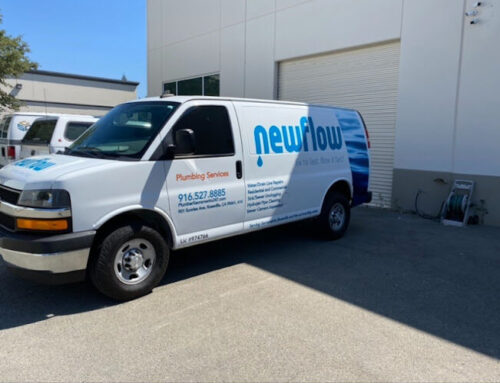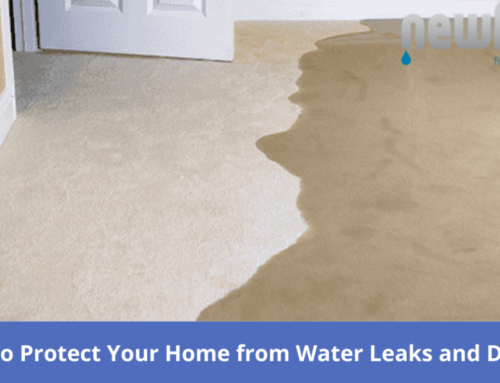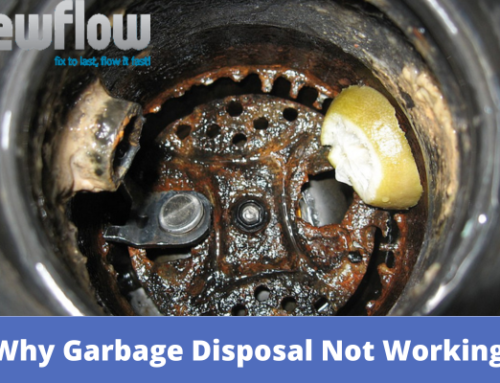For most water heater issues, including leaks, strange noises, and a lack of hot water, you need to call a licensed plumber; however, for problems involving constantly tripped circuit breakers or electrical panel faults, you must call a certified electrician.
You probably don’t give your water heater much thought until you’re hit with a cold shower. Once your hot water is gone, the critical question is: “Who fixes water heaters near me?” Knowing whether to contact a licensed plumber or a certified electrician immediately is key to solving your problem fast. These professionals are trained to handle all components from pipes and valves to heating elements and gas lines. This guide will help you quickly understand the symptoms, ensuring you call the right expert the first time for reliable hot water.
What problems should I call a plumber to fix on my water heater?
For the majority of water heater problems, a qualified plumber is the first expert you should contact right away. Licensed plumbers are the specialists who handle the mechanical failures and water-related issues that most commonly affect your unit.
Solving Noises and Sediment Buildup
One of the most recurrent problems with water heaters is odd noises, often described as rattling and banging. If your unit is making these sounds, it usually signifies silt buildup in the tank.
Silt is sediment and mineral deposits that settle at the bottom, and when heated, they cause these alarming sounds.
- User Benefit: Luckily, a plumber specializing in water heaters can fix this issue quickly. Fixing this problem doesn’t just eliminate the noise; it also increases the efficiency of your unit by ensuring the heating elements work correctly.
Dealing with Leaks and Corrosion
Plumbers are also necessary for other typical problems like leaks surrounding the heater or rusty water. Finding water pooling around your appliance is a clear sign that you need a professional who fixes water heaters.
- Simple Leaks: If your water heater leaks near the fitting, the problem might be as straightforward as a few loose nuts that need to be tightened around the heating element. To repair a water heater relatively quickly, plumbers should also be able to replace any rusted valves.
- Corrosion and Rusty Water: If the water coming out of your taps looks rusty, this often points to internal issues. If the tank has corrosion, a plumber may try flushing it. However, if the corrosion is severe, the plumber may advise that the tank may need to be replaced entirely.
- Other Functional Problems: Plumbers can also fix problems resulting in a lack of hot water or poor water pressure. For gas units, they can recognize a malfunctioning pilot light. Even if the issue is with the wiring of your water heater specifically, a plumber can resolve it.
The end result of calling a plumber is a quick, comprehensive fix to restore the core function of your unit and ensure clean, reliable hot water flow.
When do I need an electrician for my water heater?
While plumbers handle the internal mechanics of the water heater, there are specific situations where you need a certified electrician. You can contact a certified electrician if it appears that the problem with the water heater is electrical. Homeowners with electric water heaters might want to think about calling an electrician first, depending on the severity of the water heater issue.
Identifying Circuit Problems
The clearest indicator that an electrician is required relates to your home’s electrical system, not just the appliance itself:
- Tripped Circuits: If an electric water heater trips a circuit in the house, the wiring in the house is probably to blame rather than the heater itself. An electrician is needed to safely diagnose and fix your home’s capacity or wiring issue.
- High-Voltage Signs: An overheating or blown water heater fuse box is another sign that you must contact a certified electrician. This indicates a serious electrical fault that requires immediate, specialized attention.
- Loose Wiring: An electrician can also fix loose wiring, which can potentially make the reset button on your water heater trip.
The benefit of calling an electrician for these issues is ensuring the safety and stability of your entire home’s electrical system, preventing further damage or hazards.
The Ultimate Decision – Repair vs. Replace for Maximum Savings
After a professional has diagnosed the problem, you will face the crucial decision: Should I repair my water heater, or should I buy a new one? This decision should be guided by professional advice and focus on long-term efficiency and comfort.
The Rule of Thumb for Replacement
To help make this choice, there is an excellent standard to follow: if you have to call a repair expert every few weeks or months, you should probably consider purchasing a new water heater. Frequent repairs signal that the unit is nearing the end of its lifespan, and the cumulative cost of repeated calls will quickly negate the benefit of fixing the old unit.
Upgrading for Efficiency and Peace of Mind
Choosing to replace your older water heater before it fails completely provides two key advantages:
- Cost Savings Through Efficiency: Upgrading to more recent models will undoubtedly result in significant cost savings for you because of their increased efficiency. Newer units use less energy to heat water, reducing your monthly utility bills.
- Guaranteed Hot Water: It is prudent to replace it before it fails to ensure that you will not be without hot water for an appreciable amount of time. Planning the replacement avoids the emergency situation of a complete breakdown.
You should get expert advice on whether to repair or replace your water heater. Some services offer helpful resources such as free estimates and are available 24/7, sometimes offering same-day service in most cases, to assist you immediately in making this crucial decision.
Conclusion: Matching the Problem to the Professional
Dealing with a broken water heater is stressful, but calling the right expert immediately drastically speeds up the solution.
If you encounter leaks, rust, noise (rattling/banging), or lack of hot water, your primary professional is the licensed plumber. They address the mechanics, pipes, and heating elements.
If you encounter a tripped circuit in the house, an overheating fuse box, or consistent problems with the reset button, your primary professional is the certified electrician. They safely resolve high-voltage and home wiring faults.
By quickly identifying the nature of the fault, you ensure that the right expert arrives with the right tools, leading to the fastest, most effective repair, and returning you to the comfort of reliable hot water.











